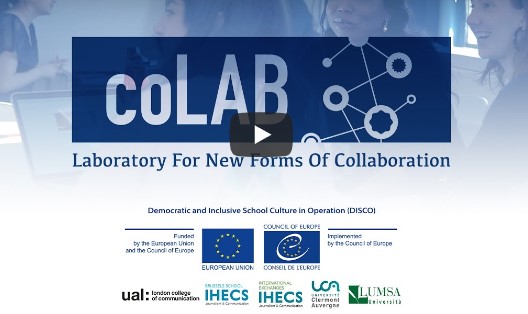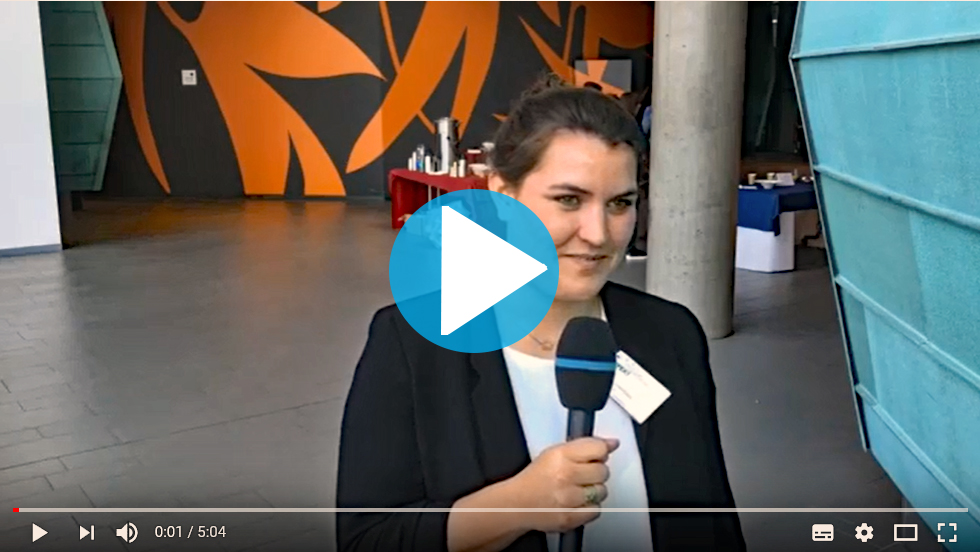coLAB - a laboratory for new forms of collaboration
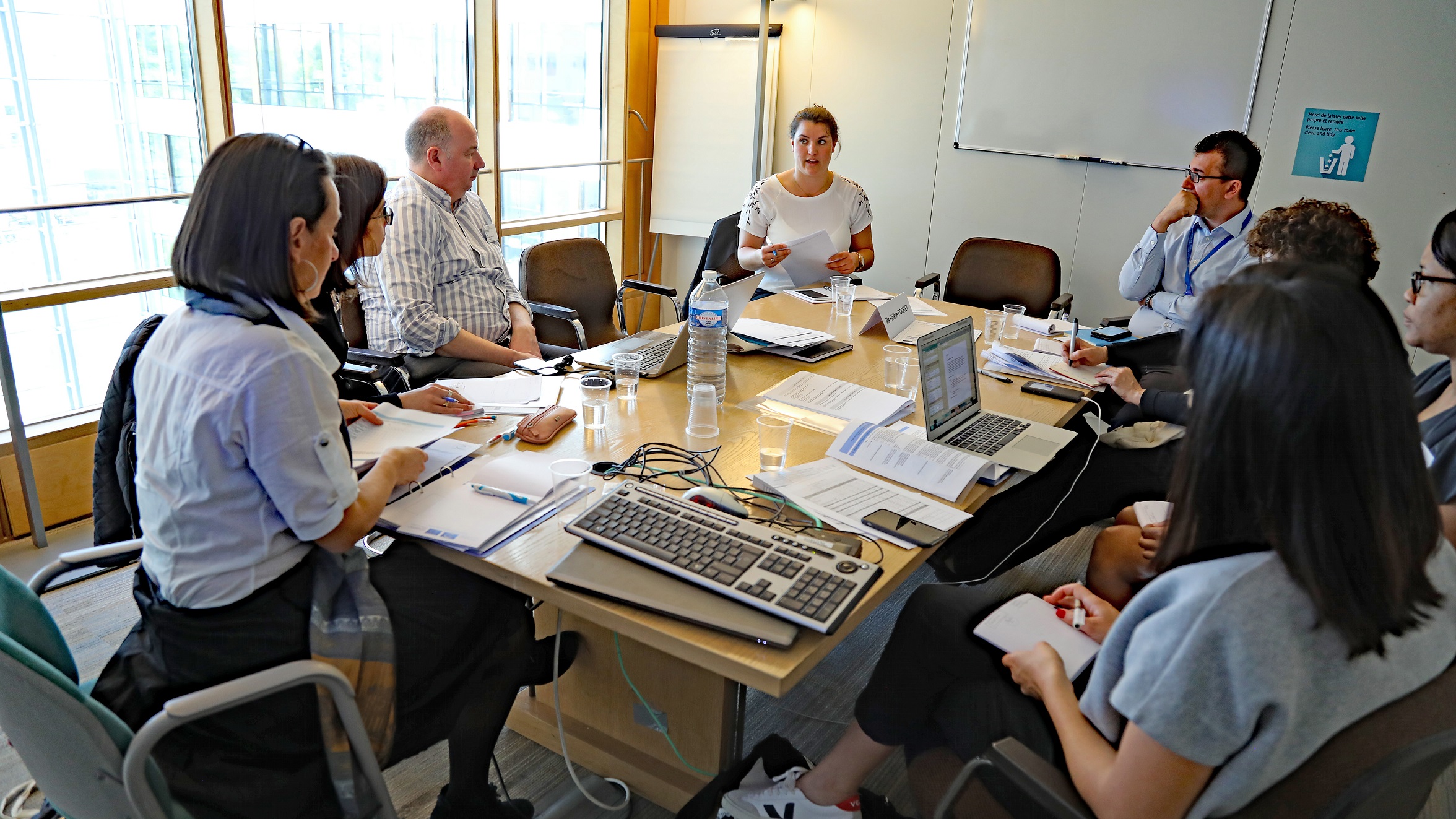
Implementing organisations
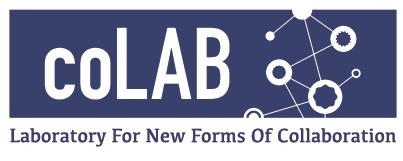
- Haute Ecole Galilée (Belgium)
- IHECS Academy (Belgium)
- Université Clermont Auvergne (France)
- LUMSA (Italy)
- University of Arts London – London College of Communication (United Kingdom)
Overall objective
- To promote inclusive practices in European academic institutions to enhance understanding and respect towards refugees
Specific objectives
- To support the integration of refugees in the academic environment
- To build greater diversity and inclusivity into the educational policy and curricula
- To promote mutual understanding and respect amongst people of different ethnic or religious backgrounds, beliefs and convictions by supporting intercultural dialogue
- To improve understanding of the challenges faced by refugees
- To enhance the acquisition of social and civic competences, promoting knowledge, understanding and ownership of fundamental values
Outputs/ Expected results
Activities:
- Promoting opportunities for refugees to teach their own skills
- Presenting refugees’ ideas and experiences to an audience of European students and teaching staff
- Making connections between their home cultures and the mainstream culture of the host country and making refugees feel comfortable in their new environment
- Giving host students, teaching staff and a broader audience the opportunity to approach differently the situation of refugees.
- A good practices guide for the integration of refugees as teaching staff and experts in Higher Education Institutions
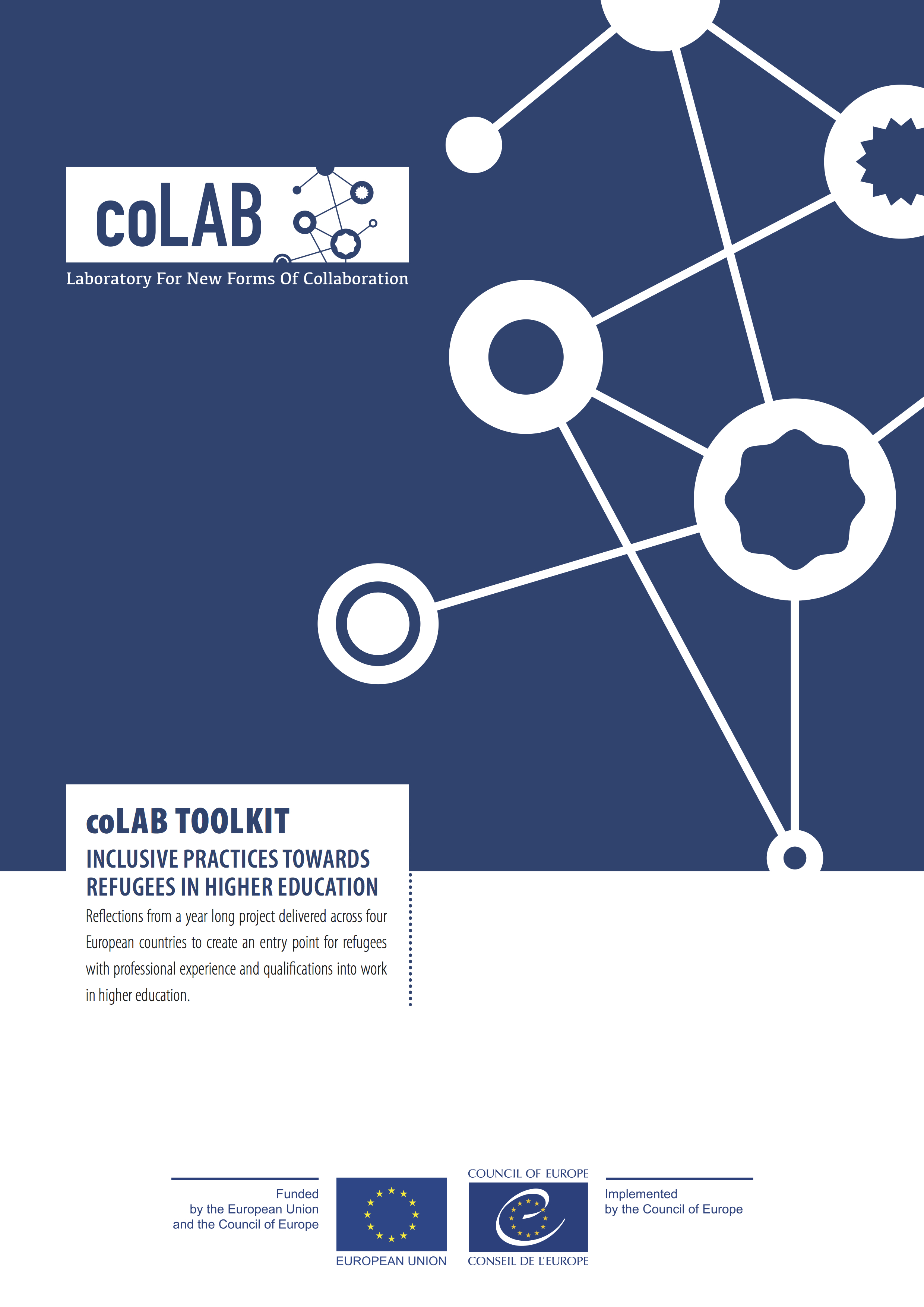
coLAB Toolkit - Inclusive practices towards refugees in higher education
Reflections from a year long project delivered across four European countries to create an entry point for refugees with professional experience and qualifications into work in higher education.
The EU/Council of Europe Joint Programme "Democratic and Inclusive School Culture in Operation (DISCO)" is funded by the Council of Europe and the European Union and implemented by the Council of Europe. The opinions expressed by third parties in content on this website do not necessarily reflect the official views of the Council of Europe or the European Union. The Council of Europe and the European Union do not accept any responsibility for the content of any external sites over which the Council of Europe and the European Union have no control, including those representing projects and activities in individual member States and elsewhere. The information which they contain may not necessarily be complete, exhaustive, accurate or up to date. Any views expressed on those sites do not necessarily reflect the official opinion of the Council of Europe or the European Union.
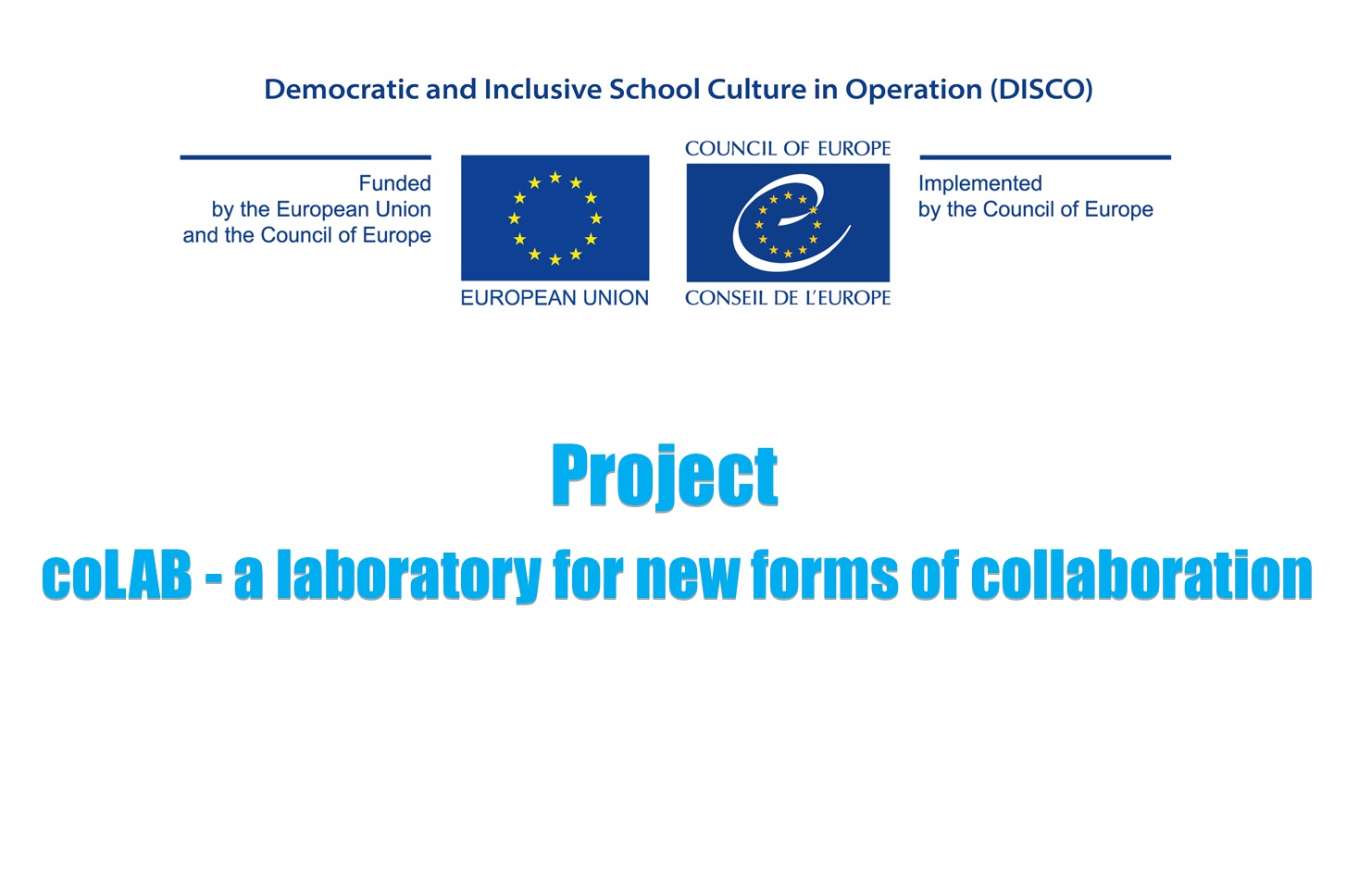
CoLAB Project: Partners meet in London to discuss future project activities
“Mutual trust is key for integration” - CoLAB Project: Second Co-ordination Meeting in Rome
CoLAB Project launched at University of Clermont Auvergne
CoLAB Project in Clermont-Ferrand: articles on L’Express and on The Conversation
CoLAB Toolkit on integrating refugees as teaching staff into the academic environment

